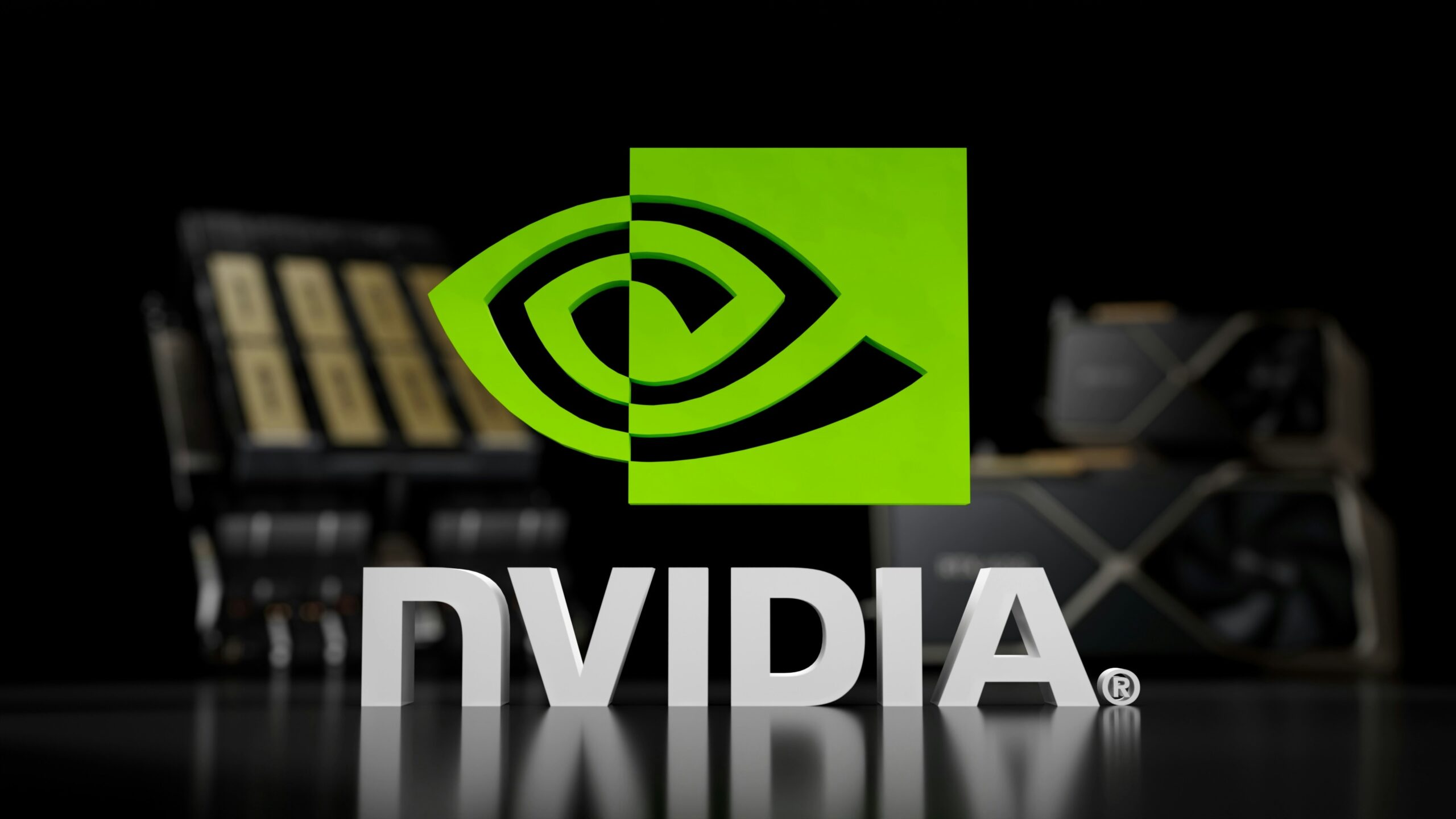In a significant escalation of the global technology rivalry, China’s internet regulator has reportedly banned the country’s leading technology firms from purchasing AI chips from American giant Nvidia. The move, which is seen as a direct challenge to U.S. export controls, signals Beijing’s growing confidence in its domestic semiconductor industry.
The Cyberspace Administration of China (CAC) has reportedly directed major companies, including Alibaba and ByteDance, to halt orders and testing of Nvidia’s newest AI chips, according to sources familiar with the matter. This directive is a stronger stance than the “guidance” previously issued regarding earlier Nvidia chips, and it comes on the heels of China’s own regulators concluding that homegrown AI processors are now comparable to, or even exceed, the performance of the chips Nvidia is permitted to sell in China under U.S. export restrictions.
This latest development marks a clear pivot in China’s strategy. For years, Chinese companies have relied on Nvidia’s cutting-edge technology to power their artificial intelligence research and development. However, successive U.S. administrations have tightened export controls, limiting the sale of the most powerful AI chips to China over national security concerns. This has forced Nvidia to create less advanced, “China-compliant” versions of its products, which have met with lukewarm demand. The ban on the RTX Pro 6000D, a chip specifically designed for the Chinese market, indicates that Beijing is no longer willing to settle for a watered-down version of the technology.
The decision is expected to have a mixed impact. For Nvidia, it represents a significant blow to its revenue in a crucial market. However, it also presents a massive opportunity for Chinese chipmakers like Huawei and Cambricon to fill the void. The ban is a powerful signal from Beijing that it is serious about achieving technological self-sufficiency and reducing its dependence on foreign suppliers.
The timing of the ban is also notable, following a recent accusation from Chinese regulators that Nvidia violated the country’s anti-monopoly laws. This has led some analysts to believe the ban is a form of political leverage in ongoing trade negotiations with the U.S. Regardless of the motivation, the action solidifies the growing divide between the world’s two largest economies in the race for AI dominance.
